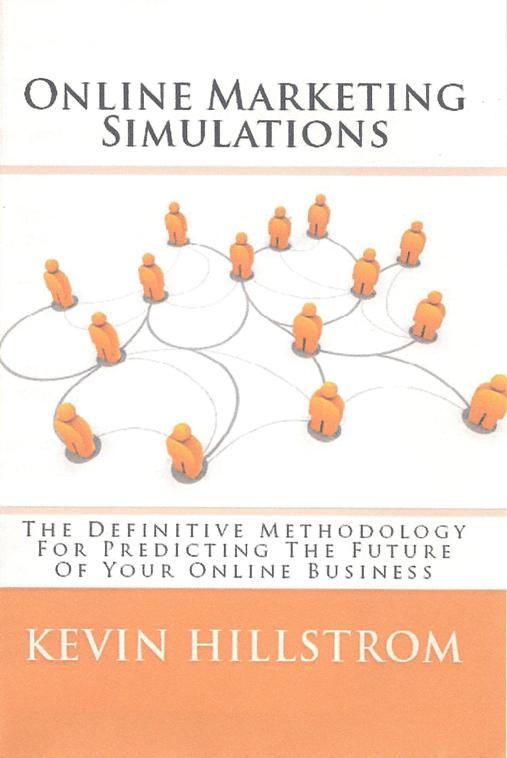ESPN: Multichannel Considerations For Online, Catalog, and Retail Marketers
 We're given a lot of rules for how to execute multichannel marketing, without any proof that any of the rules actually increase ROI outside of one-off campaigns.
We're given a lot of rules for how to execute multichannel marketing, without any proof that any of the rules actually increase ROI outside of one-off campaigns.ESPN breaks almost all of the rules that online marketers, catalog marketers, and retail marketers have been taught.
Think of all the micro-channels that ESPN utilizes.
Start with the cable channel, the original "ESPN". The "mothership" is basically the hub of the experience. Most of the major sporting events are broadcast on ESPN. SportsCenter has evolved into a sports magazine, opinion, and entertainment-based program. In fact, entertainment and opinion programming now dominate non-sports and non-SportsCenter programming hours.
Now we begin to branch out. ESPN2 shares many of the programs that are on ESPN, though many of the sports programs are "less major league" than are the ones on ESPN. The look and feel of ESPN2 is comparable to ESPN. Both ESPN and ESPN2 have a distinctively "national" flavor.
At this point, the network begins to cater to specific niches of individuals.
You have ESPN Classic, with an odd array of programs for unique audiences. You have ESPNU, dedicated to college programming. You have a series of pay-per-view programming for most major league sports and college sports. ABC, which owns ESPN, brands all sports under the ESPN name. And then you have ESPN News, a more formal network that skips much of the entertainment-based aspect of ESPN, focusing on scores, highlights, and the meaning of the games. The look and feel of ESPN News is significantly different from that of ESPN.
There's ESPN Radio. In Seattle, you can hear Mariner games on ESPN Radio, and you can hear national sporting events on ESPN Radio. There are local radio personalities, and there are national radio personalities. ESPN Radio is much more "local" than the national television channels are.
Need online updates right now? Visit espn.com. Network clips are published and re-used on the website. You get to "drill down" into any facet of sports you like, and you'll be able to read content from sports journalists who focus on specific sporting leagues. Want to personalize your results? You can do that too.
There are RSS feeds that cater to your interests. Or mobile options ... tons of mobile options!
There are tiers of content here, too. You can become an "insider", paying for premium content. And ESPN360 allows you to have a television experience online, offering sporting content not available on any of the television or radio networks. Do you speak Spanish? Then ESPN Deportes is for you. Or you can pay for ESPN The Magazine, if you enjoy content in a traditional sense.
You're allowed to leave your comments on articles, you can participate in Fantasy Sports, you can interact with others and participate in polls via SportsNation.
You can add widgets to your own site.
And you have the traditional social media channels like Twitter and Facebook.
This is the essence of "micro-channel" marketing. The only theme that runs through all of these micro-channels is that this is "ESPN, The Worldwide Leader In Sports". Sure, there's cross-promotion between platforms.
But by and large, ESPN deviates away from the "look and feel" and "integration" mantras of multichannel marketing. We've been taught for a decade to make sure that the look and feel of all channels are the same. We've been taught to integrate all activities --- we've been taught that we have to offer everything in all channels. Not at ESPN. You pick and choose the content that you desire, and you get to find individuals that have common interests with you.
In so many ways, this micro-channel blitz represents the future of the online marketer, catalog marketer, or retail marketer. A veritable plethora of content is available via television, radio, print, mobile, RSS, online. You pick and choose your experience.
I'm not saying any of this is right or wrong. I am saying this is a level of micro-channel marketing that few of us practice, and is more representative of our future than the version of multichannel marketing we currently practice.
Your thoughts?
Labels: ESPN


